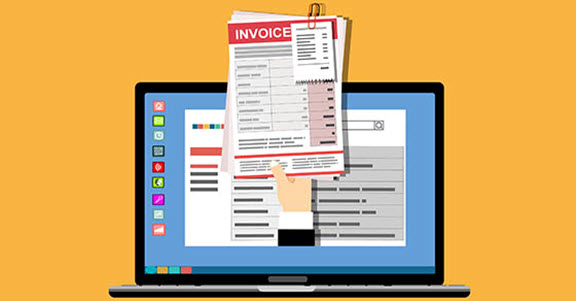The IRS has announced an increase in the 2025 standard mileage rate for business use of vehicles. This adjustment reflects slight changes in nationwide gas prices and other vehicle operating costs, providing a new opportunity for businesses and individuals to optimize tax deductions.
What Is the 2025 Standard Mileage Rate?
For 2025, the IRS has set the standard mileage rate for business use at 70 cents per mile, a 3-cent increase from the 2024 rate of 67 cents. This rate applies to gasoline and diesel-powered vehicles, as well as electric and hybrid-electric models.
The increase aligns with the slight rise in gas prices. According to AAA Fuel Prices, the national average price of a gallon of regular gas on January 17, 2025, was $3.11, up from $3.08 a year earlier. However, the mileage rate calculation takes into account more than just fuel costs.
How Is the Standard Mileage Rate Calculated?
The IRS adjusts the business mileage rate annually based on a comprehensive study of both fixed and variable vehicle operating costs. These costs include:
- Fuel prices
- Maintenance
- Repairs
- Insurance
- Depreciation
In some cases, if there’s a significant fluctuation in gas prices during the year, the IRS may revise the rate midyear to reflect current conditions.
Choosing Between the Standard Mileage Rate and Actual Expenses
When deducting vehicle expenses for business, you have two primary options:
- Standard Mileage Rate
- A straightforward approach, eliminating the need to track every individual expense.
- Requires you to log business mileage, including dates, destinations, and trip purposes.
- Actual Expense Method
- Allows you to deduct all actual vehicle expenses, such as fuel, maintenance, repairs, insurance, and registration fees.
- Enables depreciation allowances for the vehicle, though certain limits may apply.
For many businesses, the standard mileage rate is a convenient option, especially when reimbursing employees for using their personal vehicles for business purposes.
Benefits of Using the Standard Mileage Rate
- Simplified Recordkeeping: No need to track every expense—just mileage logs.
- Employee Reimbursements: A tax-efficient way to reimburse employees, helping retain those who drive extensively for business purposes.
- Tax Savings: Employee reimbursements using this rate are not considered taxable income.
When the Standard Mileage Rate Cannot Be Used
The cents-per-mile method is not always available. Restrictions may apply if:
- You’ve previously claimed actual expenses for the same vehicle.
- The vehicle is new to your business and you plan to take advantage of first-year depreciation tax breaks.
- The vehicle does not meet IRS eligibility requirements for the standard mileage rate.
Preparing for 2025 and Beyond
Understanding when and how to use the standard mileage rate versus actual expenses is crucial for maximizing your deductions. With proper planning, you can reduce your tax liability and simplify expense tracking.
If you have questions about using the 2025 standard mileage rate, tracking vehicle expenses, or preparing your 2024 tax return, our team is here to help. Reach out today for personalized assistance in navigating these deductions.






